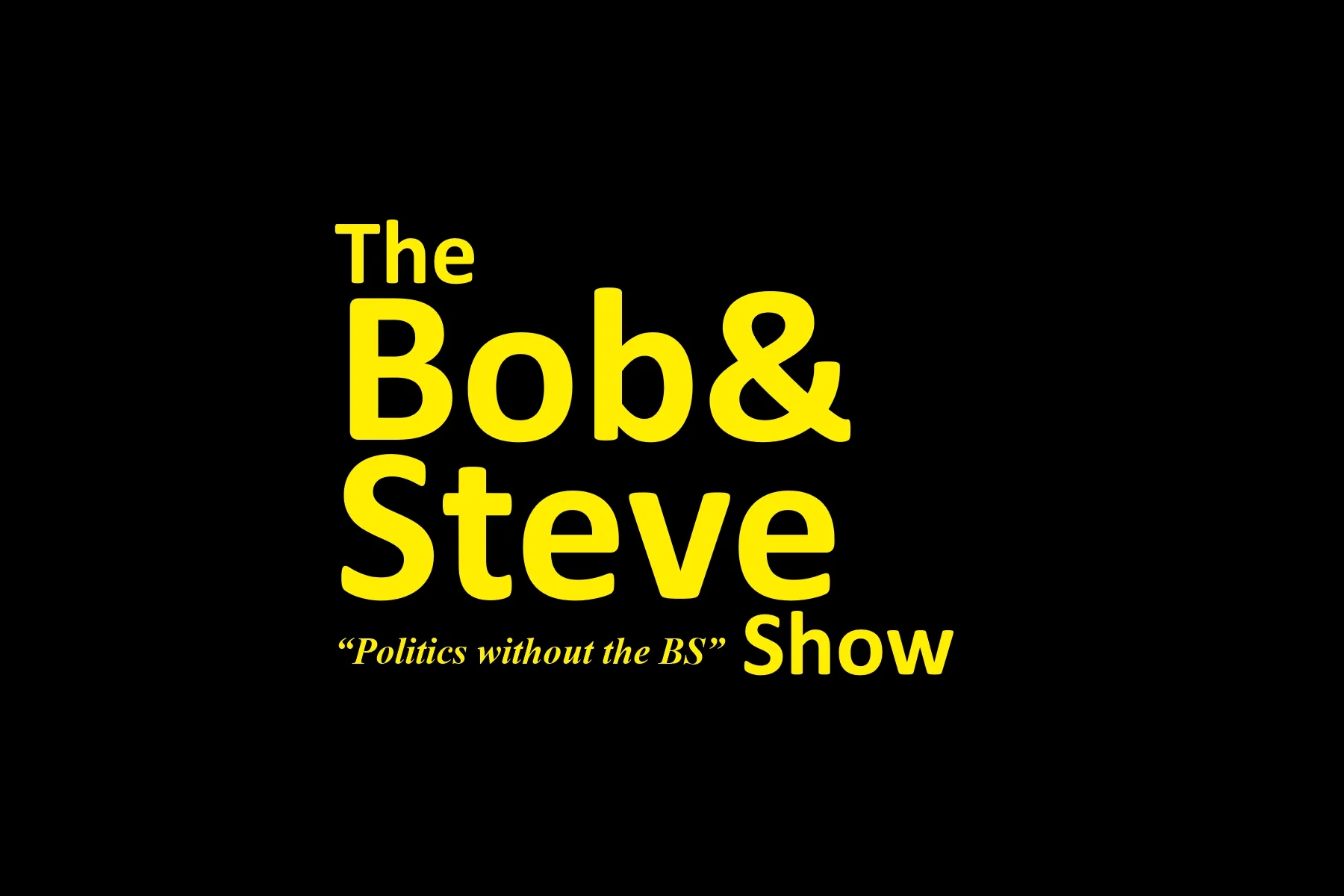Ever since the news broke that Republican gubernatorial candidate Phil Rizzo lives tax free in a mansion worth $1.84 million and once listed for $2.65 million people have been talking – and writing – about it.
Most recently Fred Snowflack over at InsiderNJ wrote a piece about Rizzo, and the issue of the mansion came up. Snowflack wrote, in part:
Ciattarelli took notice of Rizzo last week with a campaign mailer that essentially called him a tax cheat.
The house in question is in the New Vernon section of upscale Harding Township in Morris County.
“The church didn’t buy me a house,” said Rizzo, who is married with four children. “Like any job, there’s compensation.”
He said he bought the house originally and improved it. Then the church, the City Baptist Church of North Bergen and Hoboken, took it over. He said it’s standard practice for a church to own the pastor’s home.
He said that’s because pastoring a church is a 24-hour a day vocation and that congregants often need assistance at all hours.
“Jack and Hirsh hitting me on that is just political mudslinging,” he said.
A church providing a pastor, priest or any clergy for that matter is indeed a common practice, it’s called a parsonage.
Because providing a member of the clergy is common practice, I’ll leave it up to the reader to decide if City Baptist Church buying Rizzo’s house is a tax dodge.
Now I will say a parsonage is almost always close to the church. Because Rizzo’s church is a Baptist church, I searched for parsonage standards for Baptist churches. I could find none.
Fortunately, the West Ohio Conference of the United Methodist Church has “parsonage family housing standards” which include:
1. comfortable and conducive to a happy family life;
2. safe for those in residence and those visiting the parsonage;
3. conserves energy and is economical to operate; and
4. located in the church’s neighborhood or next closest neighborhood to the church which is suitable for safe family living and far enough from the church to insure the privacy of the parsonage family..
Harding Township in Morris County isn’t even close to Rizzo’s church’s neighborhood and I highly doubt it is the “next closest neighborhood to the church which is suitable for safe family living.” Weehawken is nice and right next to Hoboken.
Additionally, the Clergy Housing Handbook Parsonages, published by The General Commission on the Status and Role of Women of the United Methodist Church, clearly states that a historically perceived advantage of a parsonage is, “Close proximity to the workplace, allowing for family time and an economical lunch at home as well as a short, efficient walk to work rather than a time-consuming commute…”
Once again, Harding Township in Morris County isn’t even close to Rizzo’s church. I’m fairly certain that Harding Township to Hoboken would be a less than efficient walk to work.
Rizzo told Snowflack that the church didn’t buy him a house.
Then who bought it?
Looking at the City Baptist Church website there are only two people listed under “our staff,” Rizzo and the church’s treasurer.
This is just a guess, but it would make sense that if there are only two people making the decisions of the church, and Rizzo is one of those two people, he probably had something to do with the church’s decision to buy the house he lives in.
In a Politico article Rizzo is quoted:
In a statement Tuesday afternoon, Rizzo said that when he “decided to walk away” from his business of building and renovating homes, his church was not able to provide a salary.
“Instead, the church decided to purchase my home as an asset and allow my family and I to continue living there,” he said. “In addition, the home provided peaceful and beautiful acreage in Harding, out of the city, where we could bring our church and community for family dinners, picnics, games, Bible studies, and kids events. You can fault me for many things — just ask my kids! But I don’t believe this is one of them.”
The Politico story went on to explain, “Rizzo’s campaign declined to answer follow-up questions about how the church was able to raise the money to purchase his home, why it paid him more for the house than he paid for it, whether he or the church paid for the renovations and examples of recent church events he held at the home.”
All good questions! But what jumped out at me was the fact that Rizzo said he “decided to walk away” from his business and his church was unable to provide a salary.
So, off to the New Jersey Election Law Enforcement Commission (ELEC) website I went to take a look at Rizzo’s Personal Financial Disclosure Statement.
Well, I guess Rizzo’s church is doing a little better now because he now says he earns income from the church and from Edgewater Associates:

























